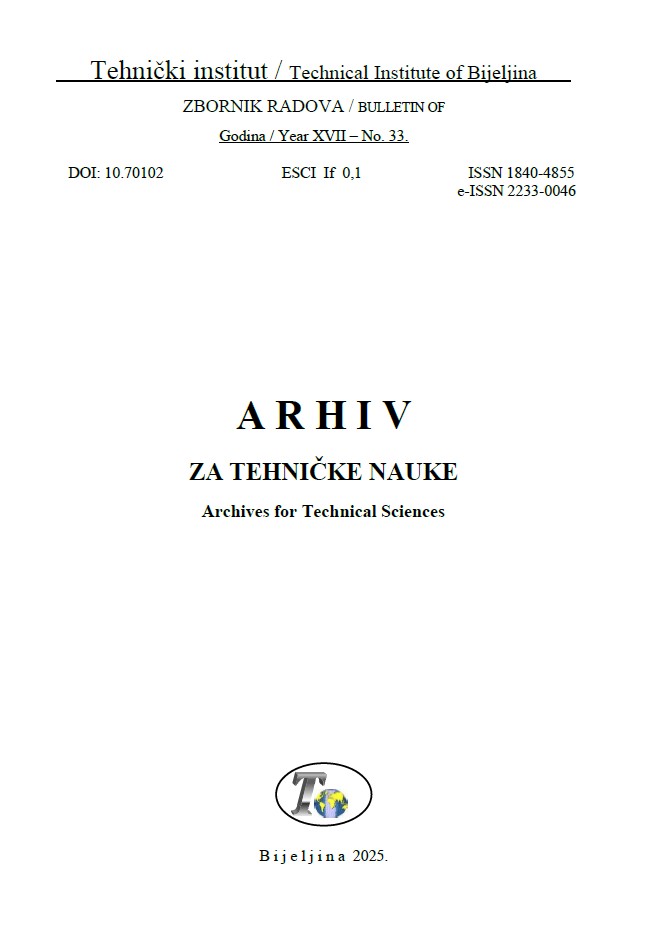 ,
,
Mamun University Uzbekistan
 ,
,
Tashkent University of Applied Sciences Uzbekistan
 ,
,
Tashkent University of Information Technology , Tashkent , Uzbekistan
 ,
,
Namangan State Universitet Uzbekistan
 ,
,
Jizzakh branch of the National University of Uzbekistan named after Mirzo Ulugbek , Jizzakh , Uzbekistan
 ,
,
Jizzakh State Pedagogical University , Jizzakh , Uzbekistan
 ,
,
Bukhara State Medical Institute , Bukhara , Uzbekistan

Uzbek National Pedagogical University Uzbekistan
Inclusive education aims to provide all children, irrespective of their capabilities, with equal opportunities to learn and participate meaningfully. For students who have speech and hearing disabilities, conventional classrooms often act as communication barriers which inhibit their participation and academic advancement. This study focuses on the development and application of AI-based interactive systems designed to foster inclusive learning for students who have communication challenges.
The platform integrates state-of-the-art technologies such as speech recognition, natural language processing (NLP), sign language interpreting, live pledging, and learning analytics tailored to each student. These elements combine to form a highly responsive adaptive dual-channel instruction and communication system. Automatic formative assessment using interaction and learning pattern technologies allows the platform to modify content to be age appropriate, preferred by, or required by the learner.
In collaboration with professionals from different disciplines, the study designs an AI educational framework for personalized inclusive learning by analysing existing technological options, examining their accessibility, and proposing new solutions with modern AI. Formative evaluations showed that when such intelligent systems are integrated in the classroom, there is increased engagement, understanding, and overall participation in the lessons. The research highlights the inclusive educational opportunities that AI can provide, paired the need for its additional use in education frameworks. AI systems can increasing enable enhanced involvement and autonomy, which improves the educational experience and outcomes for students suffering from speech and hearing disabilities.
This is an open access article distributed under the Creative Commons Attribution Non-Commercial License (CC BY-NC) License which permits unrestricted use, distribution, and reproduction in any medium, provided the original work is properly cited.


0
The statements, opinions and data contained in the journal are solely those of the individual authors and contributors and not of the publisher and the editor(s). We stay neutral with regard to jurisdictional claims in published maps and institutional affiliations.